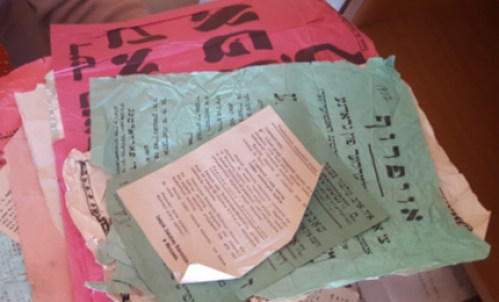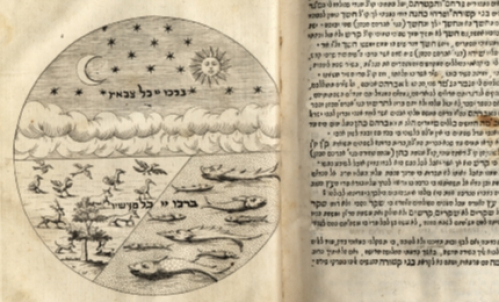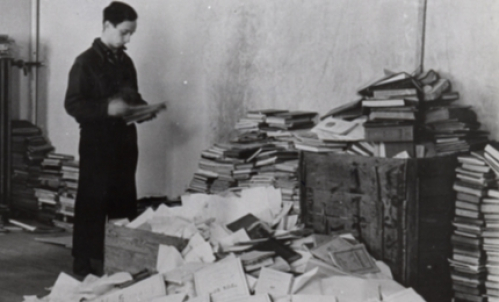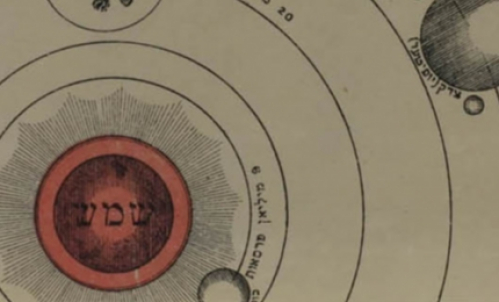Philosemitic Violence: Antisemitism in Contemporary Poland Before the Authoritarian Turn
|
5 sessions, Tuesdays & Thursdays:
January 9, 14, 16, 21, 23 Instructor: Elżbieta Janicka Tuition: $350 |
Registration is now closed.
|
Today’s Polish philosemitic narrative is based on a vision of Poland’s “multicultural past” that was unexpectedly destroyed by “two totalitarianisms.” One of the assumptions behind it is that addressing antisemitism exacerbates antisemitism and the most effective way of dealing with this murderous prejudice is to spread attractive, positive messages about Jews and the “common past,” to “talk about life instead of death.” Often acclaimed—including in the United States—as a “new opening in Polish-Jewish relations,” philosemitic narrative has also become a popular educational tool dismissing the comprehensive narratives of the past as “too confrontational” or “too horrible.”
What is at the stake in this vision and this approach? How does it work in practice and what does it result in? Why may spreading positive messages about a “common past” be a form of exclusion and violence? Referring to historiography for setting the context, making use of representations of Jewish history in transatlantic popular culture and using analytical tools elaborated by critical theory, we will discuss chosen examples of post-2000 Polish philosemitic initiatives.
These initiatives fall under a new analytical category, “Philosemitic violence,” which refers to a socio-cultural dimension often neglected up to now. Our scrutiny—through the lens of long-term processes and persistent cultural patterns—should allow for a better understanding of the realities of the East European existence of the Jewish Diaspora and of the Holocaust. The Holocaust will be reconsidered through the lens of its local context and in a continuum with the violent realities of its eve and its aftermath, as well as its long shadow in a “country with no Jews.” We will explore how and where antisemitism remains a non-negligible community building force and one of the most powerful political tools behind the collapse of liberal democratic institutions.
Elżbieta Janicka – historian of literature, cultural anthropologist, visual artist. M.A. at the Université Paris VII Denis Diderot; Ph.D. at Warsaw University. Author of the following books: Sztuka czy Naród? [Art or the Nation?] (2006); Festung Warschau [Forteress Warsaw] (2011); Philosemitic Violence? New Polish narratives about Jews after 2000 (2016, co-authored with Tomasz Żukowski). Her individual exhibitions are: Ja, fotografia (1998); Miejsce nieparzyste / The Odd Place (2006); Inne Miasto / Other City (2013, co-authored with Wojciech Wilczyk). Her research field encompasses socio-cultural legitimacy of violence and exclusion (axiologic universe, cultural patterns, collective imaginary, lieux de mémoire). Her areas of study are: categories of Holocaust description, narratives about Poland’s Jewish past, symbolic topography of the former Warsaw Ghetto area. Currently working at the Institute of Slavic Studies of the Polish Academy of Sciences.
**Become a member today, starting at $54 for one year, and pay the member price for classes! You’ll save $21 right now, and more on future classes and public programs tickets.




